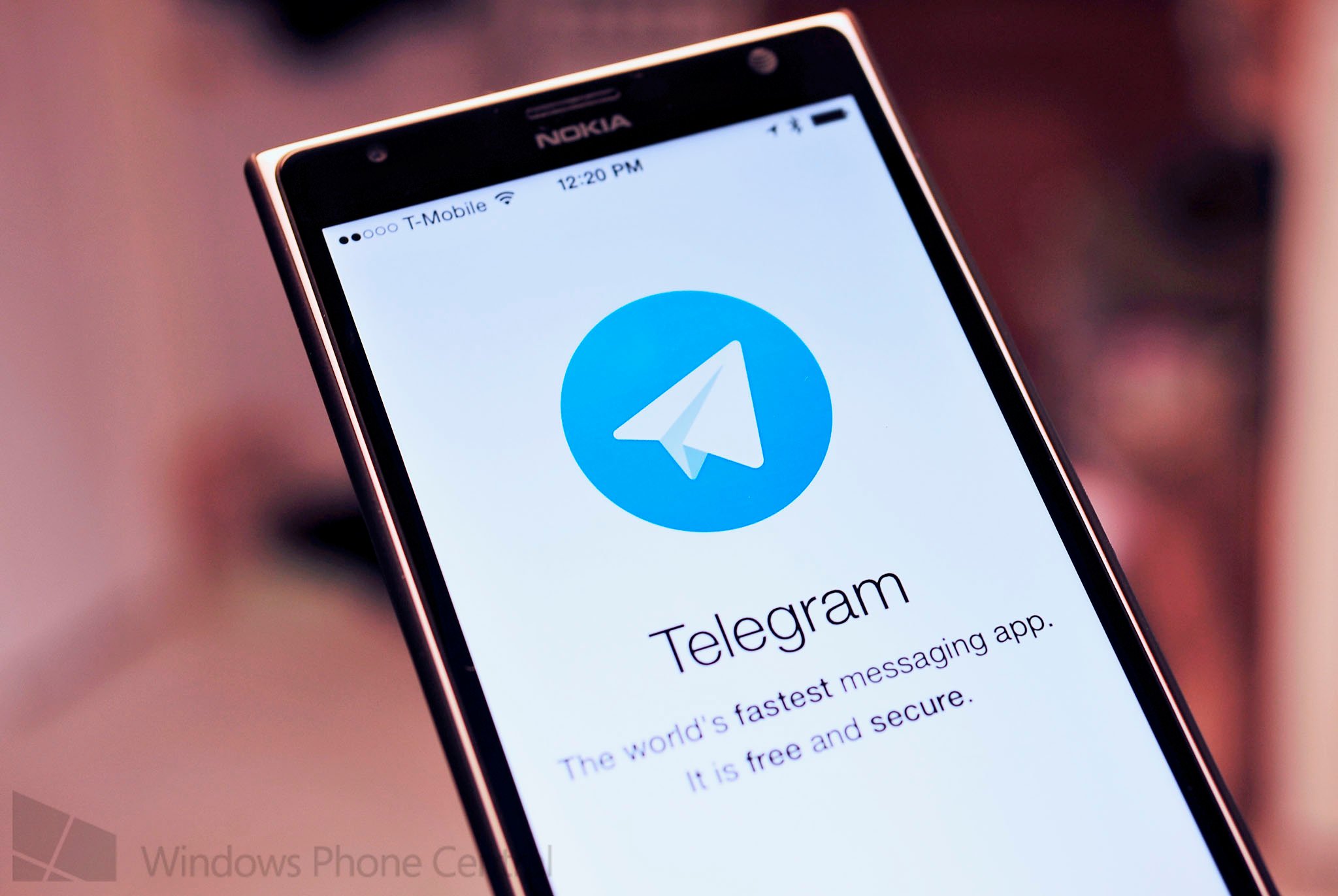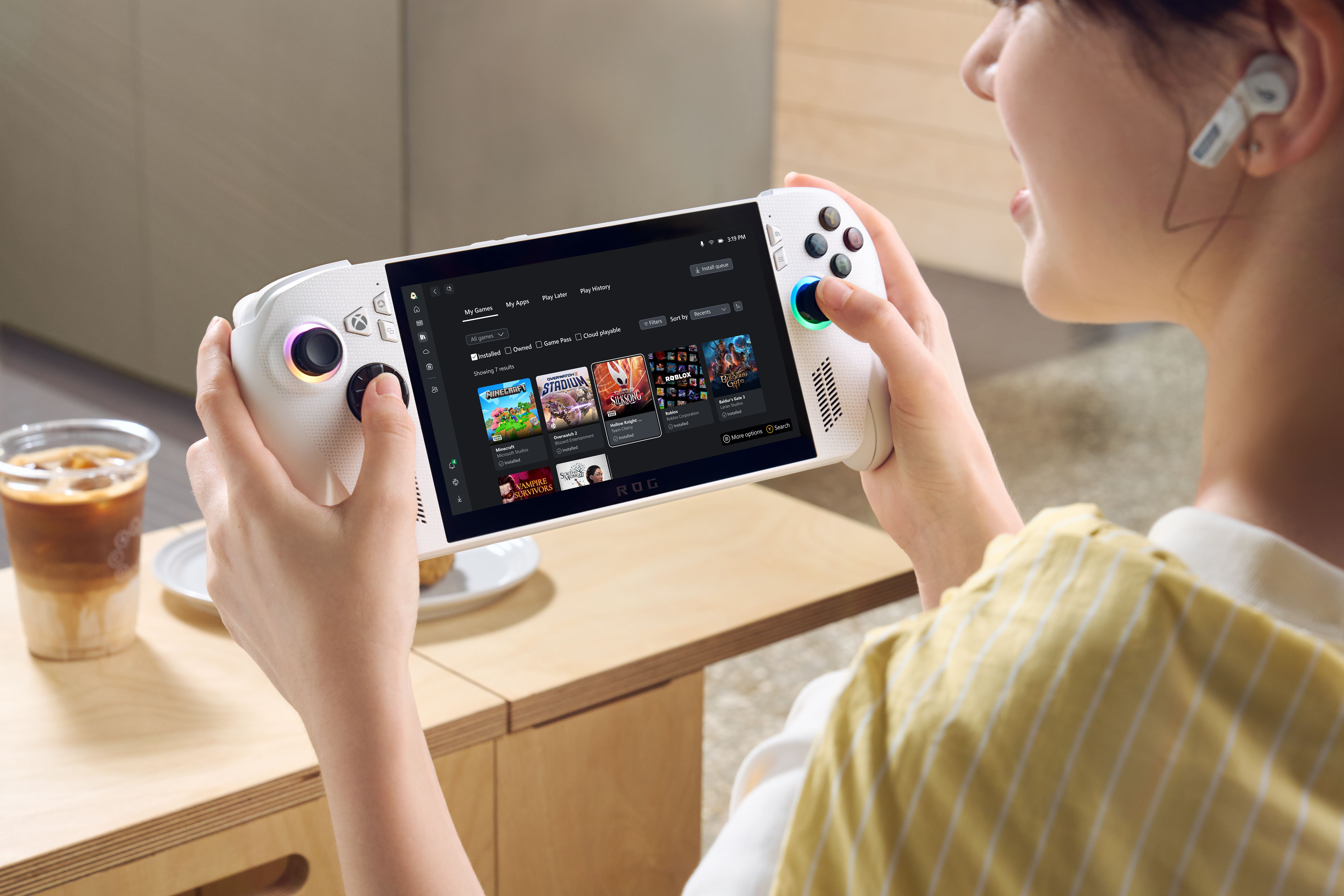Encrypted messenger service Telegram will be in beta by February, final release due weeks later for Windows Phone

All the latest news, reviews, and guides for Windows and Xbox diehards.
You are now subscribed
Your newsletter sign-up was successful
Back in November, we reported on Telegram, a new WhatsApp-like messenger service that is available on iOS and Android. Hailing from Russia and created the founders of VKontakte, Telegram (www.telegram.org) is a decentralized, cloud-based and encrypted messaging service that promises to be the fastest and most secure out there (it supports RSA 2048 encryption and Diffie–Hellman secure key exchange).
At the time, we reported that the client should be ready by January but as the month winds down, we still don’t have a client on our phone. The official Twitter account for Telegram has now confirmed their schedule, and while they are a little behind, we should have something tangible in the coming weeks.
“Several beta-stage Telegram clients coming to #WindowsPhone by Feb 1. Then the race for official status begins. Stay tuned!... wp7 support is an obligatory condition for an app to get official status. So there will be an app at least by Feb 23.”
As you can see, having it both Windows Phone 7 and 8 is the goal here, so this app will stand a chance of more widespread adoption. Back in November, a contest was announced to create the app, as reported by WP7Forum.ru and evidently, that competition is nearing a close.
On iOS, Telegram maintains a fairly high rating with 4.5 stars out of 5 with a lot of positive feedback. Will it be as successful on Windows Phone and will your friends and family use this instead of WhatsApp? It’s hard to say, but we’re excited to give it a spin.
Source: Twitter; via WP7Forum.ru
All the latest news, reviews, and guides for Windows and Xbox diehards.

Daniel Rubino is the Editor-in-Chief of Windows Central. He is also the head reviewer, podcast co-host, and lead analyst. He has been covering Microsoft since 2007, when this site was called WMExperts (and later Windows Phone Central). His interests include Windows, laptops, next-gen computing, and wearable tech. He has reviewed laptops for over 10 years and is particularly fond of Qualcomm processors, new form factors, and thin-and-light PCs. Before all this tech stuff, he worked on a Ph.D. in linguistics studying brain and syntax, performed polysomnographs in NYC, and was a motion-picture operator for 17 years.
